essential oil for diverticulitis
 Pin on Products I Love
Pin on Products I LoveThis content of the Dr. Axe is medically revised or actually verified to ensure objectively accurate information. With strict contracting editorial guidelines, we only link academic research institutions, reputable communication sites and, when research is available, medically peer-reviewed studies. Note that the numbers between parentheses (1, 2, etc.) are clickable links to these studies. The information in our articles is NOT intended to replace a relationship between one and one with a qualified health professional and is not intended as a medical council. This article is based on scientific evidence, written and verified by our trained editorial staff. Please note that the numbers between parentheses (1, 2, etc.) are clickable links to studies reviewed by medical pair. Our team includes authorized nutritionists and dietitians, certified health education specialists, as well as certified strength and conditioning specialists, personal trainers and remedial exercise specialists. Our team aims not only to be thorough with their investigation, but also objective and impartial. The information in our articles is NOT intended to replace a relationship between one and one with a qualified health professional and is not intended as a medical council. Symptoms of Diverticulitis you can treat naturally By December 27, 2016 In the United States, some 200,000 people are hospitalized for diverticulitis every year. diverticular disease can be a painful and disturbing disturbance in the digestive tract, and in severe cases, it can lead to hospitalization and surgery due to complications of diverticulitis symptoms. Foods you eat and a variety of other risk factors can increase your chances of developing diverticulitis, especially after 40 years. On the contrary, following and changing your life habits can help relieve the symptoms of diverticulitis naturally. What is Diverticulitis? Divericulitis occurs when you have one or more bags, or sacks, on the wall of your colon that have been inflated. These small bags (called diverticulums), more commonly at the bottom of their colon called sigmoid colon, form and push out through weak points on the colon wall. When the bags are formed, this is called, which usually does not cause any symptoms or problems. But when bags are swollen or infected, this can lead to serious complications and hospitalization. While the terms diverticulosis, diverticulitis and diverticular disease are often used interchangeably, they have different meanings. Diverticulosis refers to the presence of bags in the colon, diverticulitis refers to the presence of inflammation and infection, and refers to the full spectrum of symptoms caused by the formation of bags. ()When the diverticulum bags are blocked with fecal matter, allowing the bacteria to build, this can lead to infection and inflammation. As the sacks grow, they put increasing pressure on the walls of the intestine, leading to pain, gas, abdominal discomfort and other symptoms of diverticulitis. () Symptoms of diverticulitis Although most patients with diverticular disease do not have symptoms, research suggests that about 10 percent to 25 percent of patients have symptoms, which may vary from significant abdominal pain associated with fever and leucocytosis (the increase in the total number of white blood cells) that require hospitalization to a large proportion of patients with recurrent and short-term abdominal pain that may have significant impacts on their lifestyles. According to research published in Therapeutic Advances in Gastroenterology, about 80 percent to 85 percent of people with diverticular disease are asymptomatic. Of 15 percent to 20 percent of patients with symptoms, 75% of them have painful diverticular disease without inflammation, 1 percent to 2 percent require hospitalization and 0.5 percent require surgery. ()The most common of the symptoms of diverticulitis is pain on the lower left side of your abdomen caused by swollen bags. This severe pain usually occurs suddenly, and the intensity of pain can change over time, sometimes worsening for several days. Acute diverticulitis is characterized by inflammation, microperforation and abscess formation, with 25% to 33% of patients experiencing recurrent episodes. Other symptoms of diverticulitis include: About 25 percent of people with diverticulitis develop complications, which may include: () Risk Factors and Causes of Diverticulosis SymptomsPeople are more likely to develop diverticulosis and diverticulitis as they age. Research published in Colon and Rectal Surgery Clinics indicates that diverticulosis is common in industrialized nations, and prevalence dramatically increases with the growing age. From under 30 years, about 1 percent to 2 percent of patients have diverticulosis, while this condition is found in more than 40 percent of the population after 60 years. Approximately 10% to 25% of patients with diverticulosis will develop diverticulitis. Research also suggests that among people aged 50 and older, women are more likely than men to develop diverticulitis; however, among people under 50, men are more likely to develop symptoms of diverticulitis. () Other risk factors for the development of symptoms of diverticulitis include: Divericulitis occurs when diverticles, marble bags that can form in the lining of your , develop when the naturally weak places of your colon give rise to pressure. This makes the bags protrude through the colon wall. When the bags create a tear on the colon wall, it is swollen or infected, which is called diverticulitis. Conventional Treatment for Diverticulitis SymptomsThe treatment for symptomatic diverticular disease is largely based on symptoms. Traditional therapy includes fiber, rest, antibiotics, pain control and surgery for selected cases. The goal of managing diverticular disease is to treat infection, improve symptoms, and prevent recurrence of symptoms or develop serious complications. is a medicine that is commonly used to treat certain intestinal diseases. It works by decreasing inflammation in the colon, and is used to reduce symptoms, such as rectal bleeding, stomach pain and diarrhea. is an antibiotic that is commonly used in the treatment of digestive and diverticular conditions. It is usually used to treat traveler diarrhea and decrease the growth of bacteria that causes diarrhea. Side effects of rifaximin include stomach pain, nausea, dizziness, excessive tiredness, headache, muscle hardness and joint pain. If you have a serious attack or have other health problems, you may need to be hospitalized, and treatment usually involves intravenous antibiotics and inserting a tube to drain an abscess if formed. If you experience complications, such as a perforation, abscess, fistula or bowel obstruction, you may need surgery to treat diverticulitis. It is estimated that about 15 percent to 20 percent of all patients admitted to the hospital with acute diverticulitis, both complicated and not complicated, require surgical intervention during the initial admission. Those with complicated diverticulitis are even more likely to require an operation during the initial hospitalization, up to 50 percent of the time. ()There are two main types of surgery for diverticulitis: Primary bowel resection removes sick from your intestine and then reconnect healthy segments, allowing you to have normal bowel movements. If there is too much inflammation to perform a primary bowel resection, you may need an intestinal resection with colostomy, which means creating an opening on the abdominal wall that is connected to the healthy part of your colon. Wastes pass through the opening in a bag. Once there is a reduction in inflammation, colostomy can be reversed and the reconnected intestine. ()14 Natural treatment for dietary divulticulitis symptoms During the last four decades, researchers have been examining the role of dietary fiber in the development of diverticular disease. Recent research shows that the fiber found in fruits and vegetables has the most protective effect, and a high intake of total fat and red meat increases the incidence of diverticular diseases. In a follow-up study of health professionals covering 48,000 men, individuals with the highest fiber intake (more than 32 grams a day) had a reduction in the risk of 42 percent for the development of diverticulitis compared to those with the lowest fiber intake. () Based on this extensive research on dietary factors associated with the development of diverticulitis, I recommend the following guidelines for patients with diverticular disease:1. Increase fiber intake to 20-30 grams per dayTo reduce the possibility of developing diverticulitis, eat at least 20-30 grams of fiber per day, especially fiber found in fruits and vegetables. , as a linen, oat bran, spinach and cucumber, can be especially useful.2. Eat more Anti-inflammatory FoodIncrease of consumption, such as green vegetables, celery, beetle, broccoli, blueberries, nuts, bone broth and coconut oil. Inflammation is the main feature of acute diverticulitis, so adding anti-inflammatory foods can help reduce the symptoms of diverticulitis. ()3. Nueces of consumption, grains and popcorn Although people with diverticulums have been advised to avoid nuts, grains, corn or popcorn, since it was believed that the undigested particles would remain in the portions of the diverticulum, recent research shows that the consumption of nuts or popcorn at least twice a week can reduce the risk of developing diverticulitis or diverticular hemorrhage by 20 percent. ()4. Eat more probiotic foodsComer, such as kimchi, sauerkraut, natto, yogurt and kefir. Probiotics should be added to your diet to help deny food sensitivities and relieve digestion problems such as constipation, gas and swelling. If you have diverticulitis, you need an influx of these healthy bacteria to help in healing your colon, while preventing recurrence of the disease.5. Reduce your consumption of red meat A case-control study examined 86 patients with diverticulitis and 106 controls; researchers found that individuals who consumed red meat at least once a day had 25 times the risk of developing diverticulosis compared to those who ate red meat less than once a week. ()6. Reduce alcohol consumption A cross-sectional study found that people who consume alcohol have a risk of developing diverticulosis that is 2.2 times higher than the risk of people who do not consume alcohol. Supplements7. Elm is a demulcent, which means it protects irritated tissues and promotes healing, which is necessary to treat symptoms of diverticulitis. ()8. Protein powder Broth bone rubberThe protein powder made of bone broth helps to heal the flight gut and the digestive tract. It also helps you easily digest essential nutrients that your body needs, including calcium, magnesium, phosphorus, silicon and sulphur. ()9. ProbioticsA 2003 study involving 15 patients with uncomplicated diverticular disease experienced longer periods of remission and improved abdominal symptoms after receiving probiotic supplements compared to the treatment before. ()10. Aloe Vera, in the form of juice, helps in digestion, helps normalize pH levels, regulates intestinal processing and promotes healthy digestive bacteria. Approximately 12–16 ounces of aloe vera juice (which does not contain aloe latex) is recommended, but more than it can further irritate your system. ()11. The root of licorice decreases the levels of stomach acid, relieves acidity and acts as a mild laxative, which can help you clean up your residue colon. It also helps to increase bile, helping to digest it, and helps to reduce spasms and inflammation in the gastrointestinal tract. Natural remedies12. Increase Physical ActivityThe research shows that increased exercise may be associated with a reduced risk of developing symptoms of diverticulitis, and being overweight is a risk factor for developing diverticular diseases. ()13. Quit Smoking A cross-sectional study found that the probability of diverticulosis was 30 percent higher among smokers. ()14. Avoid NSAIDsThe research suggests that chronic use of nonsteroidal anti-inflammatory drugs is almost twice as common in patients with diverticular disease as in healthy controls. ()Diverticulitis Precautions The first step to reduce your chances of developing diverticulitis is to increase fiber intake, but taking too much fiber too quickly can cause a worsening of symptoms, including, gas or swelling. It is better to gradually increase fiber consumption to prevent these digestive problems. Final Thoughts on Diverticulitis Symptoms Read Next: Get FREE Access! Dr. Josh Axe is on a mission to provide you and your family with the highest quality nutrition tips and healthy recipes in the world... Sign up to get VIP access to your valuable weekly e-books and health tips for FREE! Free eBook to Increase Metabolic & Healing30 Gluten-free recipes > Detox juice guide Shopping guide & high quality newsletters Popular Health Let's Be FriendsFollow us:Inside Dr. AxeHealth TopicsMedical acclamation © 2021 Dr. Axe. All rights reserved.

Pin on Young Living Essential Oils Marketing Material and Accessories

Diverticulitis | Essential oil remedy, Essential oil diffuser recipes, Essential oil blends

Essential Oils for Diverticulitis: Start Feeling Better Now » Aromatherapy
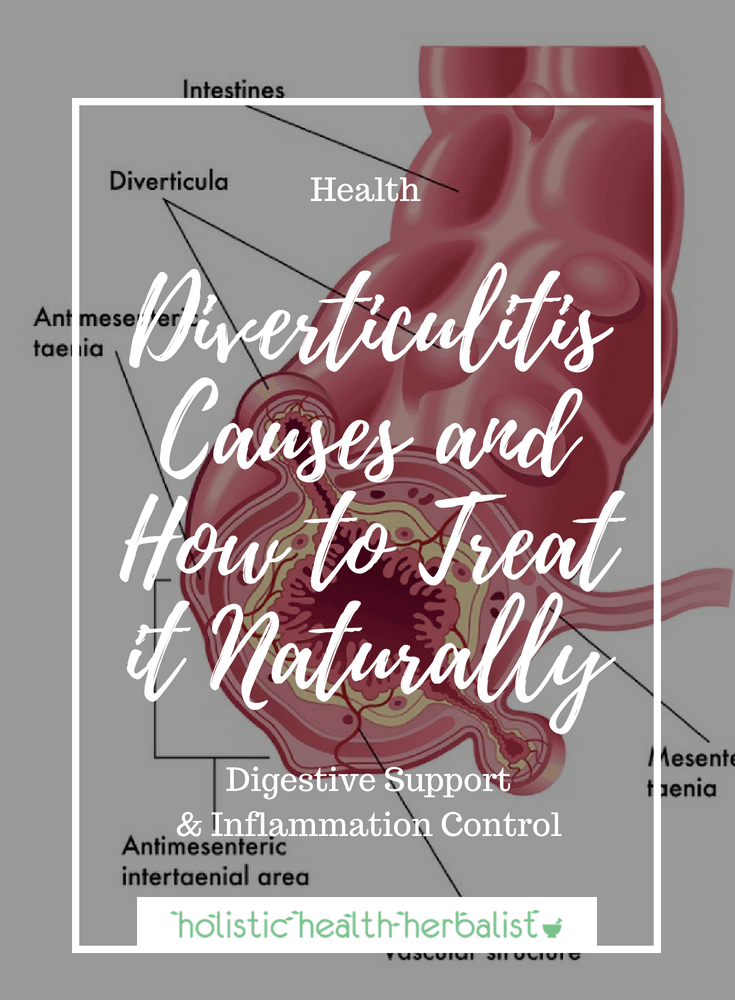
Diverticulitis Causes and How to Treat it Naturally - Holistic Health Herbalist

Pin on Essential Oils

Hi, I'm Kathy Kouwe, one of your upline in Young Living. I like to keep you informed about products, specials, etc., If you'd prefer not to receive these emails, feel free to --UNSUB--. Forward to a Friend CONSTIPATION: The principle causes of constipation are ...

Diverticulitis can be helped with by using certain pure essential oils, but it must be seen as an alternative therapy for assisting with diverticulitis, and not to replace any medical treatment or
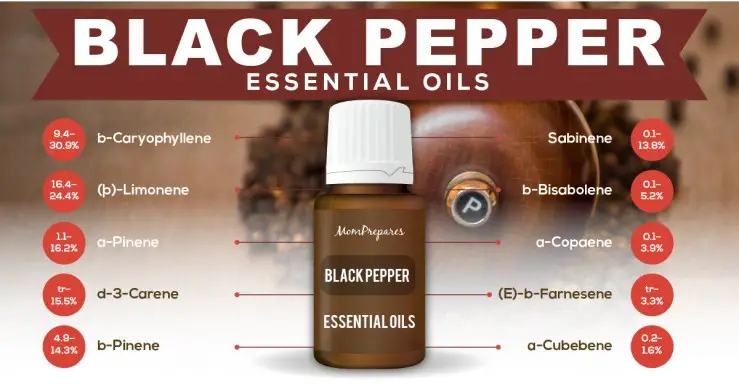
11 Best Essential Oils For Nausea (That ACTUALLY Work)
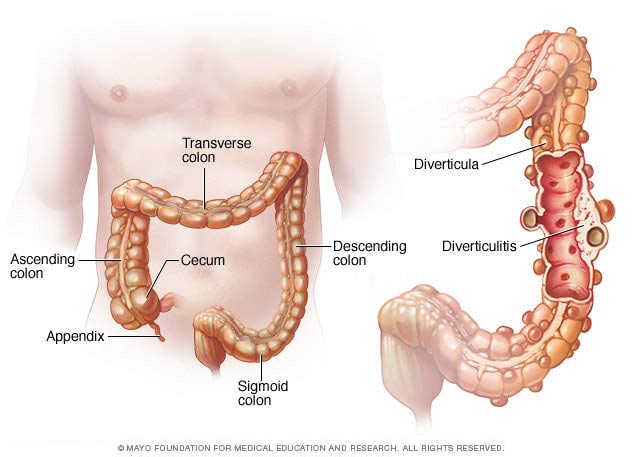
What Causes Diverticulitis? | Symptoms of a Diverticulitis Flare-Up

3-Step Diverticulitis Diet & Natural Treatment Plan - Dr. Axe

DiGize essential oil blend from Young Living. | Digize essential oil, Essential oil blends, Essential oils

Amazing Cure for Diverticulitis and Diverticulosis with Natural Remedies eBook por Sheila Parker - 1230000160335 | Rakuten Kobo México

Pin on Essential Oil Use

letsbefrankwithashley | My Journey with Young Living Essential Oils
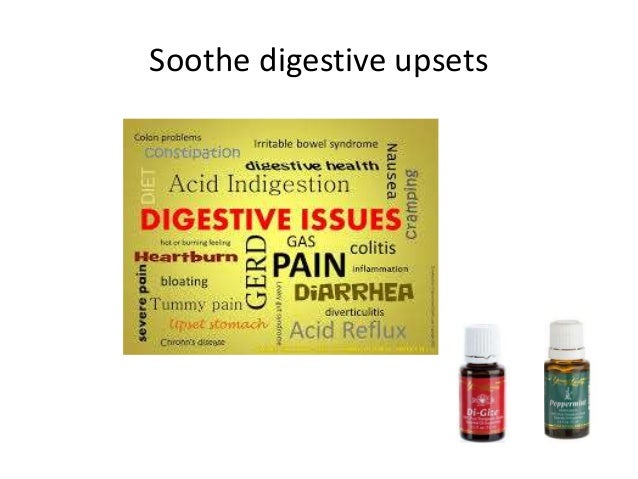
Benefits of Essential Young Living Oils

Grateful Drops - Michelle Pink talks about the benefits of... | Facebook

Abdominal pain - Essential Oils NZ and Natural Skin Lightening | Beauty Fields
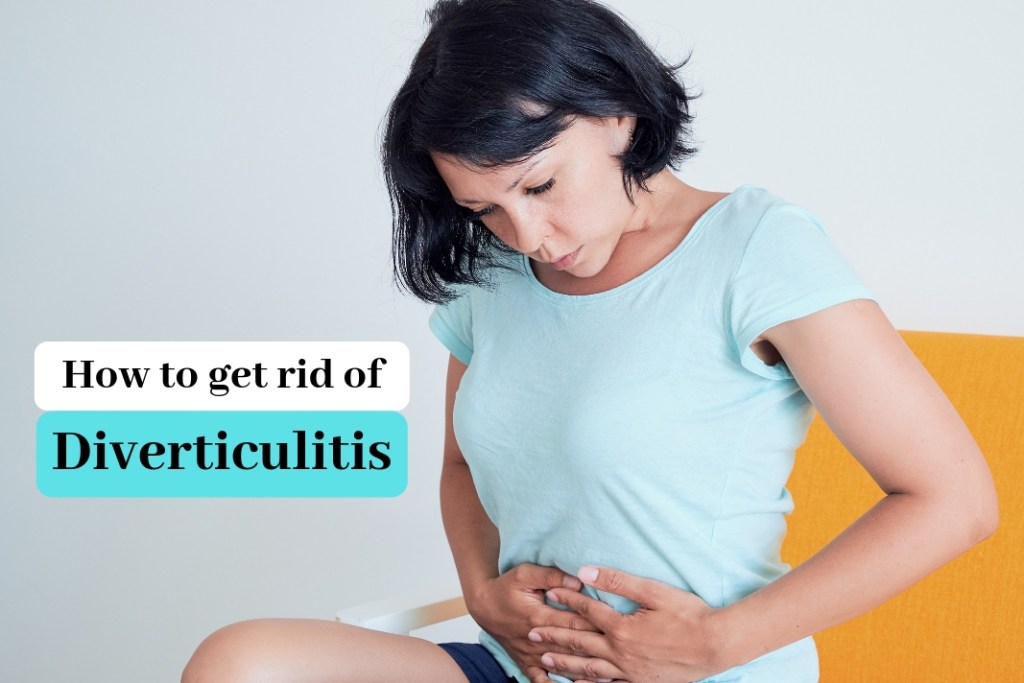
Powerful Essential Oils for Diverticulitis
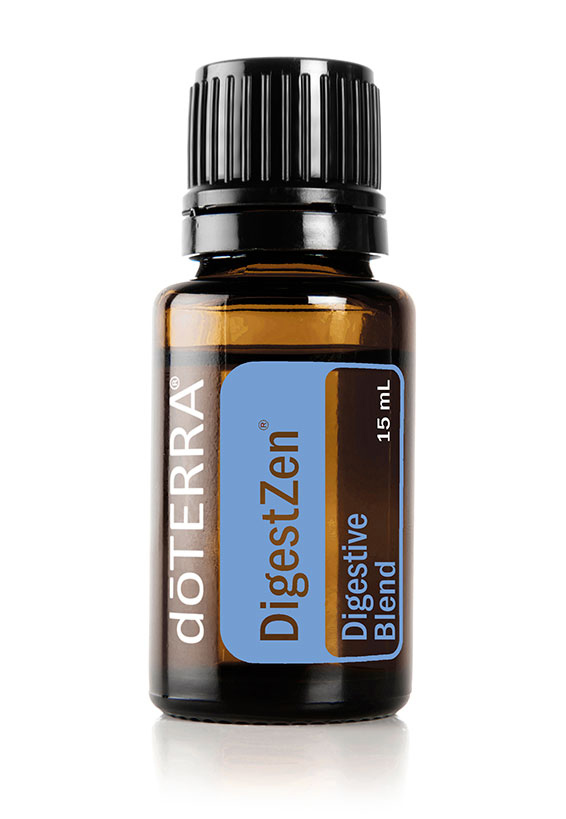
DigestZen Oil | dōTERRA Essential Oils
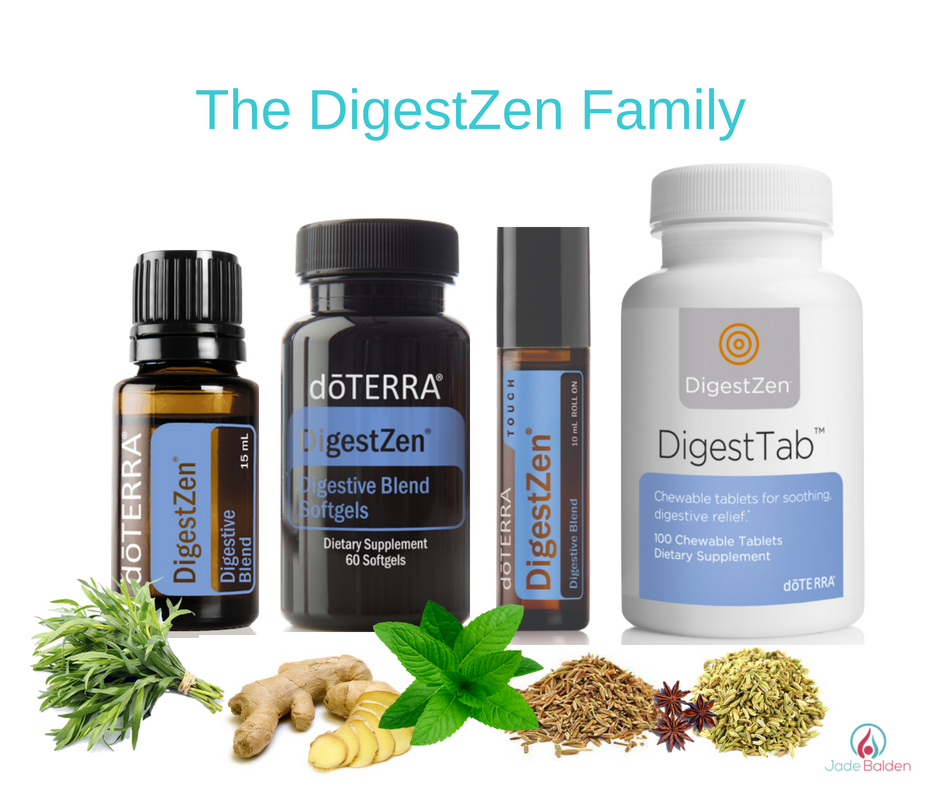
DigestZen (ZenGest 🇨🇦) – Digestive Essential Oil Blend | Jade Balden

Cure Diverticulitis With These Essential Oils - YouTube
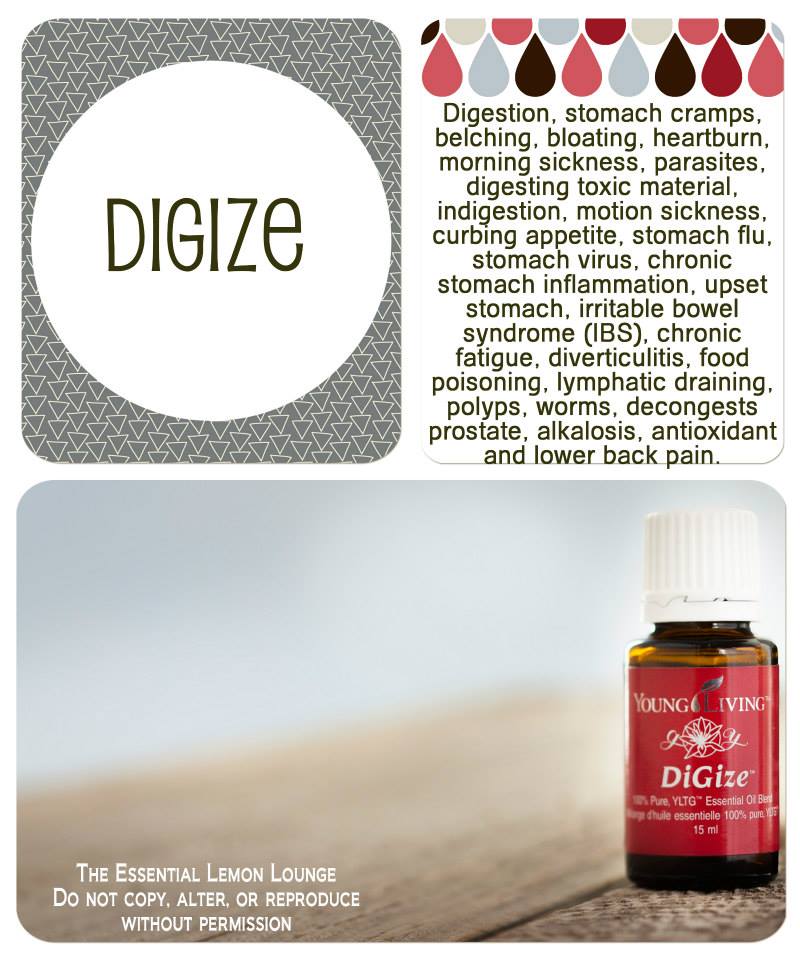
DiGize | letsbefrankwithashley
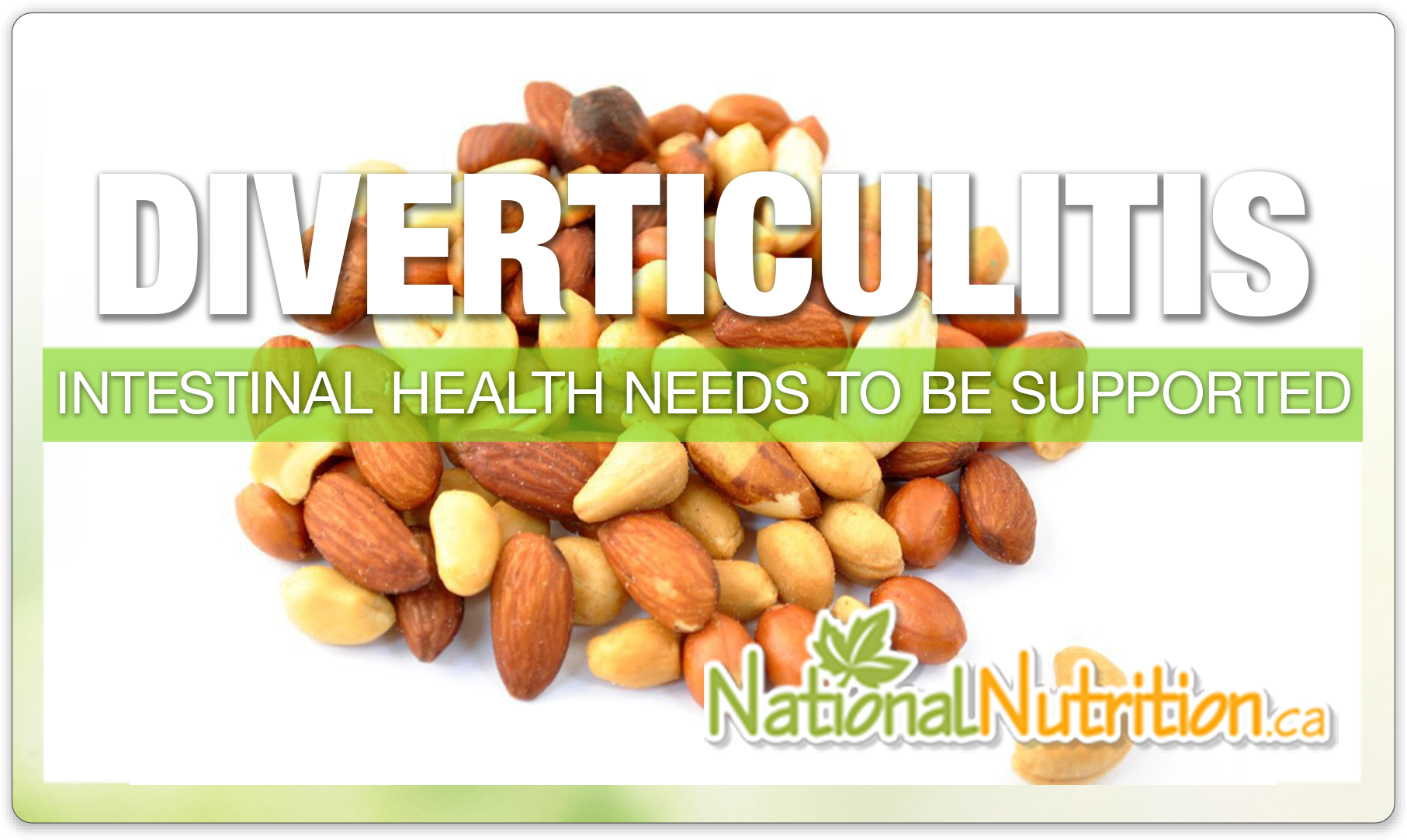
Diverticulitis - National Nutrition Articles

Diverticulitis Symptoms You Can Treat Naturally - Dr. Axe

Infographics oil education - Oils 4 Rookies | Healthy drinks detox, Detox juice drinks, Detox drinks smoothies

This is a shout out to DDR Prime! In... - Essential Support by Mary Ellen Palmeri | Facebook

Essential Oils Desk Reference - Essential Oil Therapies

Added by @zongletherapeutics Instagram post Hello beautiful healthy people, and welcome back with another pain alleviating remedy with our all organic USDA certified essential oils. Ever had or heard of diverticulitis? Diverticulitis,

Finding balance | Essential oils – SunDroppers

Diverticulitis: Causes, Symptoms & Natural Support Strategies
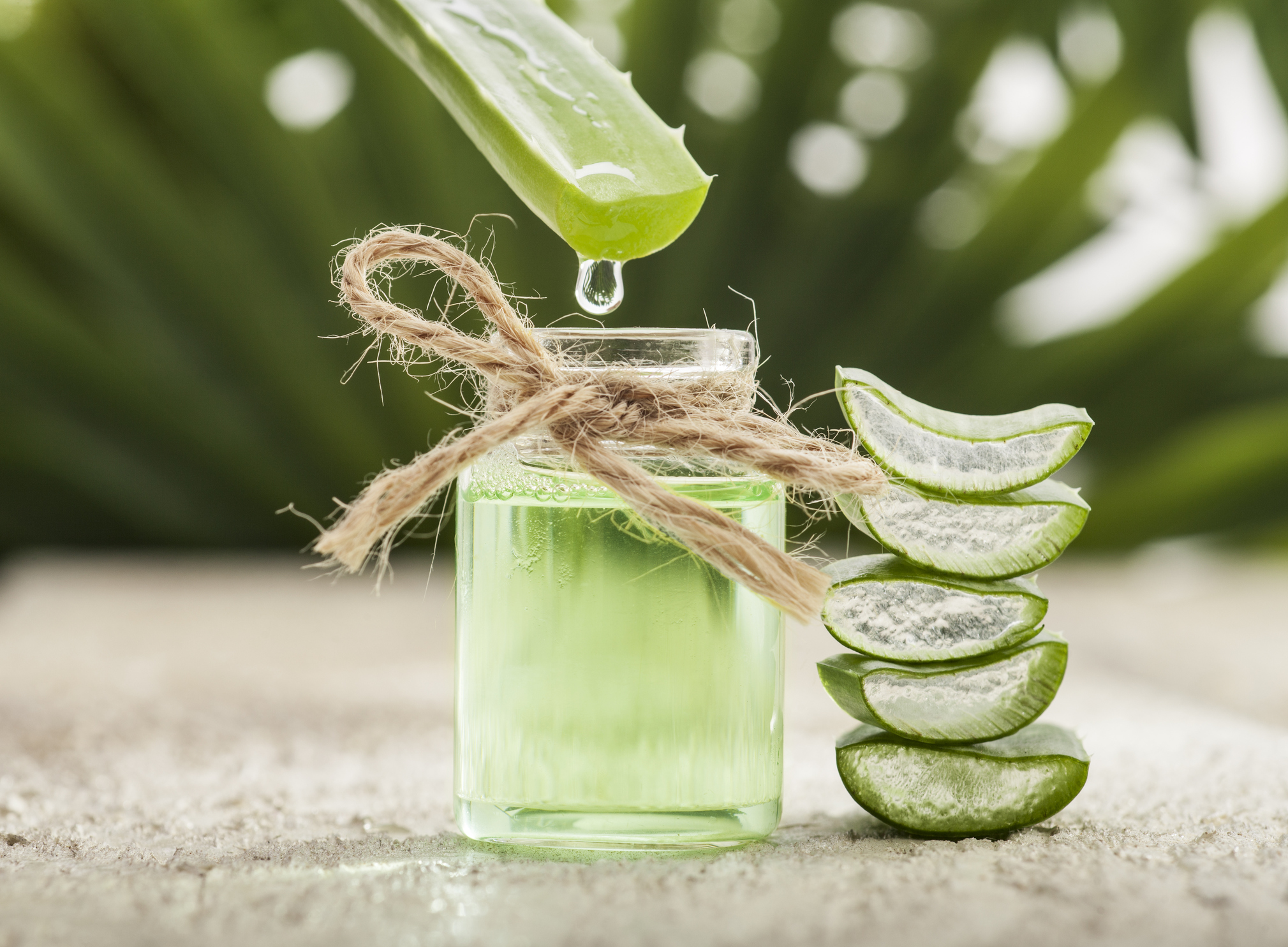
Diverticulitis home remedies: Treating inflamed diverticula in colon naturally

Medical Marijuana for Diverticulitis - Marijuana Doctors

Home Remedies for Hemorrhoids: Best Essential Oils for Hemorrhoids | Home remedies for hemorrhoids, Essential oil for hemorrhoids, Natural remedy for hemorrhoids

What Does a Diverticulitis Attack Feel Like? Symptoms & Risk Factors
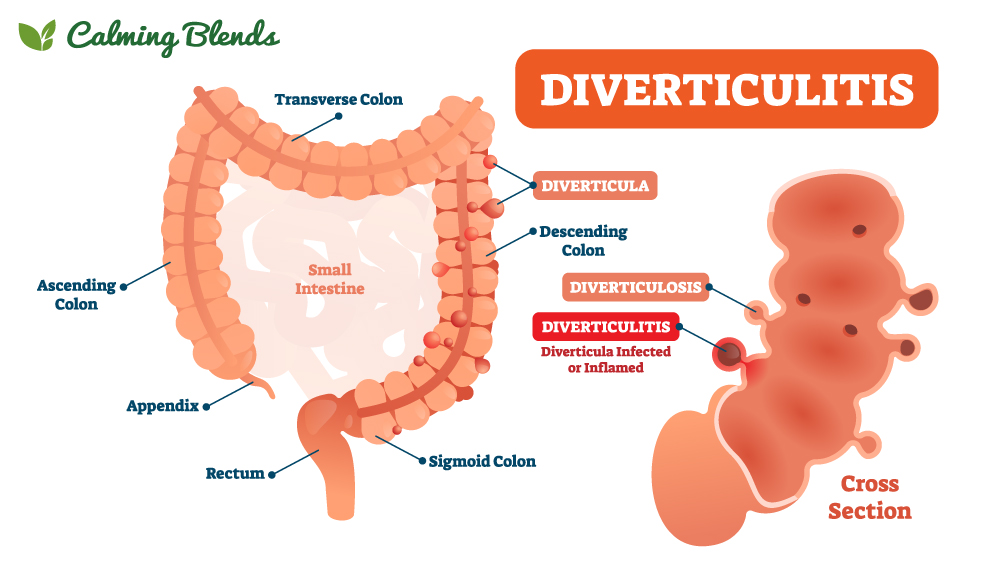
Treat Diverticulitis Naturally - Calming Blends

Amazon.com : Calming Blends Diverticulitis and Diverticulosis Tea | Certified Organic, Caffeine Free, Supports Digestive Health | 36 Cups : Grocery & Gourmet Food

Oregano Oil Uses and Benefits | dōTERRA Essential Oils

Top 150 List of Essential Oils With Free Cheat Sheet - Updated 2020

My Journey Through Mastocytosis: Essential Oils, and science based medicine

Essential Oils for Digestive Problems | Okc Massage Clinic
Posting Komentar untuk "essential oil for diverticulitis"